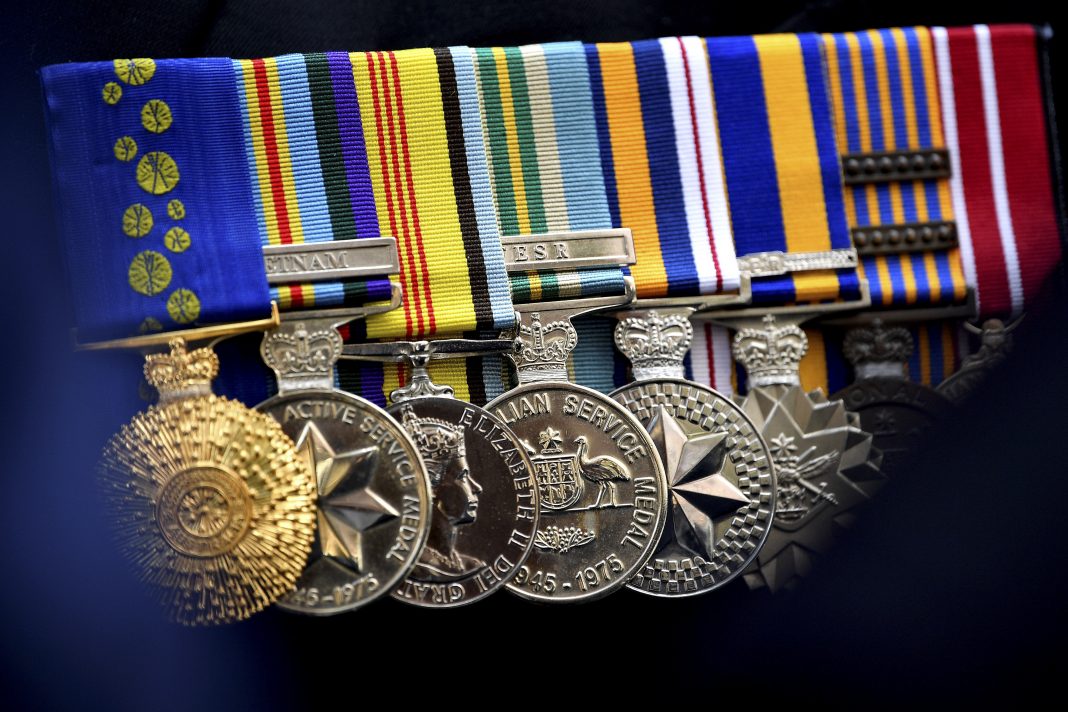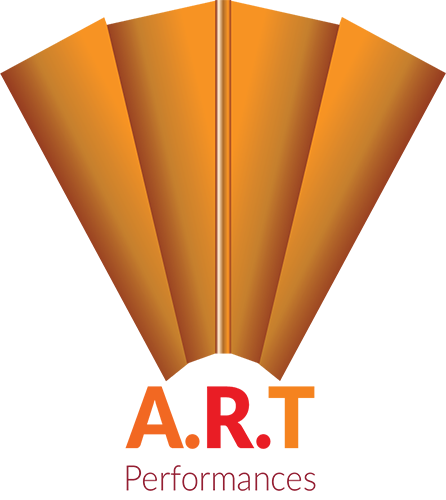For the first time in more than two decades, Australia will commemorate Remembrance Day while not currently involved in an active conflict.
The first Remembrance Day since Australian troops withdrew from Afghanistan, the nation will pause at 11am to mark the 103rd anniversary of the end of World War I, honouring those who have died defending the country.
Australians are asked to stand and observe one minute’s silence and reflect on the more than 60,000 troops who lost their lives in WWI, fought between 1914 and 1918.
Veterans’ Affairs Minister Andrew Gee, who acknowledged the importance of welcoming home those who fought in Afghanistan, said Remembrance Day was one of the most important days of the year.
“We must never forget the courage, valour and sacrifice of all those men and women who have served this nation in war, conflicts and peacekeeping operations,” Mr Gee said.
“From those who fought on the Western Front more than a hundred years ago to those still serving abroad today, we must continue to acknowledge their service and sacrifice.”
He said Remembrance Day could be a difficult time for many veterans and those families who lost loved ones.
“This year will be particularly difficult for those who served in Afghanistan, and their families.”
While November 11 marks the end of WWI, Remembrance Day’s importance has grown to acknowledge all men and women who have died in conflict.
Along with observing a minute’s silence, Australians are encouraged to wear a red poppy, viewed as a symbol of hope since being visible on WWI battlefields.
The Australian War Memorial in Canberra will host the national commemorative service, to be broadcast via ABC television and radio and online and addressed by memorial director Matt Anderson.
Prime Minister Scott Morrison will attend a service in Melbourne, while Labor leader Anthony Albanese will mark the day at a ceremony in Balmain.
RSL NSW president Ray James encouraged people to pay their respects.
“We can all come together to reflect and remember those who have given their lives in service to their country, those who have come home injured or ill, and those who bravely serve the country today,” Mr James said.


